I'm sure this has a simple fix. When I have the breakpoint on TaskList.Add() I can see that different batchDeletionRecords are being passed on to the method, but in the BatchProcess Method, it's accepting repetitive values.
When I added the arg variable I was able to get proper values for iBatch. (Saw it here) Didn't work for DataTable though.
Batcher.Batch() is supposed to provide batch DataTables for the deletionRecords in the batch of 2. (This thing can be ignored)
var iBatch = 0;
foreach (DataTable batchDeletionRecords in Batcher.Batch(deletionRecords, 2))
{
iBatch++;
var arg = new { _batchDeletionRecords = batchDeletionRecords, _iBatch = iBatch };
TaskList.Add(Task.Run(new Action(() => BatchProcess(arg._batchDeletionRecords.Copy(), arg._iBatch))));
}
BatchProcess() is a simple method that deletes and prints the values onto the console.
